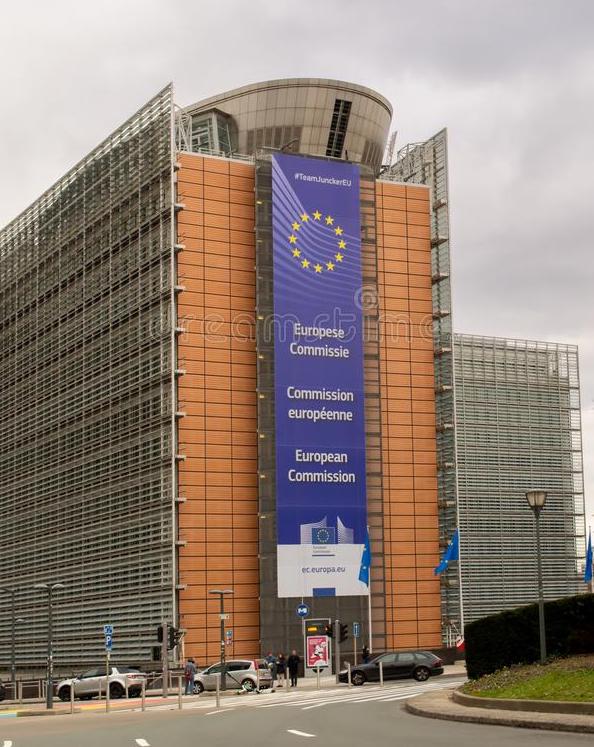
The European Union (EU) is implementing a Foreign Subsidies Regulation (FSR) that is aimed at addressing distortions caused by foreign subsidies in EU public procurement. The EU contends that foreign subsidies could provide foreign firms with an unfair advantage by enabling foreign-subsidized bidders to win contracts with bids below market price or below cost to the disadvantage of European firms. This post examines the FSR’s compliance with the WTO Government Procurement Agreement (GPA).
The FSR entered into force on January 12, 2023, with implementation beginning in July. When the FSR is fully implemented on October 12, firms that want to participate in large public tenders in the EU (at or above €250 million) will be required to disclose all financial contributions received in the prior three years from foreign governments in order to participate. The Commission will conduct investigations where it suspects a foreign subsidy is distorting the internal market. If it finds a distortion, it can prohibit the award of a contract to the subsidized bidder. The FSR's broad definition of financial contributions might apply to US companies receiving subsidies under the Inflation Reduction Act.
The Commission invited public comments on draft implementing regulations in February and is now finalizing the regulations. The legal and business communities have identified numerous concerns with the FSR. (For details of the concerns, see materials included in a George Washington University webinar.)
One of the uncertainties raised by the FSR is its consistency with the EU’s obligations under the GPA. The FSR broadly addresses EU compliance with international agreements but does not make any specific reference to the GPA. Its Recital 69 provides that FSR implementation should comply with “the WTO Agreement and be consistent with commitments made under other trade and investment agreements.” (Based on Recital 5, ‘WTO Agreement’ apparently refers to the WTO Agreement on Subsidies and Countervailing Measures.) The FSR (Article 44(9)) stipulates that an investigation under the Regulation must not be carried out and measures must not be imposed or maintained that would be contrary to the EU’s obligations under any relevant international agreement.
Commentaries on the FSR have questioned whether the FSR is consistent with the GPA’s non-discrimination article (Article IV:2). Under that provision, a locally established supplier must not be treated less favorably than another locally established supplier on the basis of the degree of foreign affiliation or ownership. This raises questions such as whether requiring a US subsidiary in an EU member state to notify its foreign financial contributions and face potential exclusion from a procurement meets this requirement when its European competitors are not subject to them.
The European Commission identified another article of the GPA that may be even more relevant to the issue of the FSR’s compliance with the GPA. When the Commission first proposed regulating foreign subsidies in a 2020 white paper, it acknowledged that the exclusion of bidders would have to be compatible with the EU’s commitments under international agreements. It cited specifically the GPA’s article on Conditions for Participation (Article VIII) and similar provisions in free trade agreements.
This GPA article circumscribes the conditions that suppliers may be required to meet in order to participate in a procurement covered by the agreement. It directs procuring entities to limit such conditions to those “essential to ensure that a supplier has the legal and financial capacities and the commercial and technical abilities to undertake the relevant procurement.” The plurilateral agreement further stipulates that in assessing whether a supplier satisfies the conditions, it must base its evaluation on the conditions that were specified in advance in notices or tender documentation. Would the application of the FSR’s notification requirements to GPA parties be in accord with these restrictions?
The GPA allows suppliers to be excluded from participation in a procurement under certain conditions. Rather than providing a definitive list of conditions for exclusion, it lists illustrative grounds for exclusion. They include bankruptcy, false declarations, significant or persistent deficiencies in performance under a prior contract, final judgments in respect of serious crimes or other serious offenses, professional misconduct or acts that adversely reflect on the commercial integrity of the supplier or failure to pay taxes. Would exclusion of a foreign supplier on the basis that it had received a foreign subsidy considered distortive fit within these parameters?
The European Commission’s preparation of final implementing regulations could provide an opportunity to clarify how the FSR will be implemented consistent with the EU’s GPA obligations. The EU executive could also consider excluding procurement covered by the GPA from the FSR’s notification requirements, as urged by the US Chamber of Commerce in its FSR comments. The Chamber argued that: "In countries with open, transparent, and market-based procurement procedures, it would make little sense to penalize non-EU companies with successful contracts for allegedly distorting the EU single market, while exempting EU companies for doing the same."
If the Commission does not address the GPA issues raised by the FSR, the parties to the plurilateral pact could take the issue up in the WTO procurement committee.
Jean Heilman Grier
May 11, 2023
Related Posts
EU Agreement on Foreign Subsidies Regulation
EU Plans to Tackle Foreign Subsidies in Public Procurement

